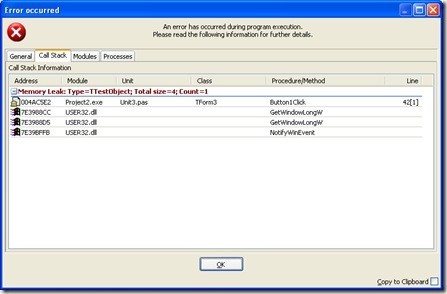Bug tracking is a very important part of software development. We do projects for a lot of different company's which almost all have their own way of bugtracking, if they have it all.
Basically bugtracking is maintaining a list of issues, administering some dates, like report date to solved dates.
When you work in small teams (<3 person) a simple Excel list will do it, but in greater teams, on different locations it just becomes a mess.
Time to investigate a better solution, a
bugtracking system.
We had a few requirements:
- The tool should be web based (Running on IIS)
- Projects with team members and roles
- Projects/Users only available for assigned persons
- Possibility to add fields for a specific project on the fly
- E-mail notifications for status changes etc.
- Not only suitable for bugtracking, but issue tracking in general
- If open source then ASP.NET C# as first choice
- Fast and nice looking
BugNETThe first open source project we tried was
BugNET
BugNET is an issue tracking and project issue management solution built using the ASP.NET web application framework. Email notifications, reporting and per project configuration of fields and values allows efficient management of bugs, feature requests, and other issues for projects of any scale.
We downloaded it, installed it and loved it! Within 10 minutes we had an Issue tracking solution that met all of our requirements!
In BugNET you can create projects, assign team members to it giving them a standard role from
Project Manager to
Reader. You can also create own roles per project. A project can have
categories (for instance the modules of an application) and
versions that can be used as
milestones for the issues. Those milestones easily translates themselves into a
roadmap.
The
project summary page gives a good overview with, from left to right, open issues per milestone, per category, per assignee, per status, per priority and type.
Issues can have:
- Comments
- Attachments
- Related issues
- and even time tracking
Issue changes can be notified by e-mail, and even RSS.
BugNET also supports a report solution which allows you to report to screen,
PDF and
Excel.
The user interface is looking nice, clean and to the point.
BugNET has the following requirements:
- IIS 5 or later
- Microsoft .NET Framework v2.0 Redistributable
- Microsoft Report Viewer Redistributable 2005
- Microsoft ASP.NET AJAX 1.0
- Microsoft SQL Server
More on the installation can be found on the
BugNET documentation page.
If you are looking for a issue(bug) tracking management solution you really should give
BugNET a try!

